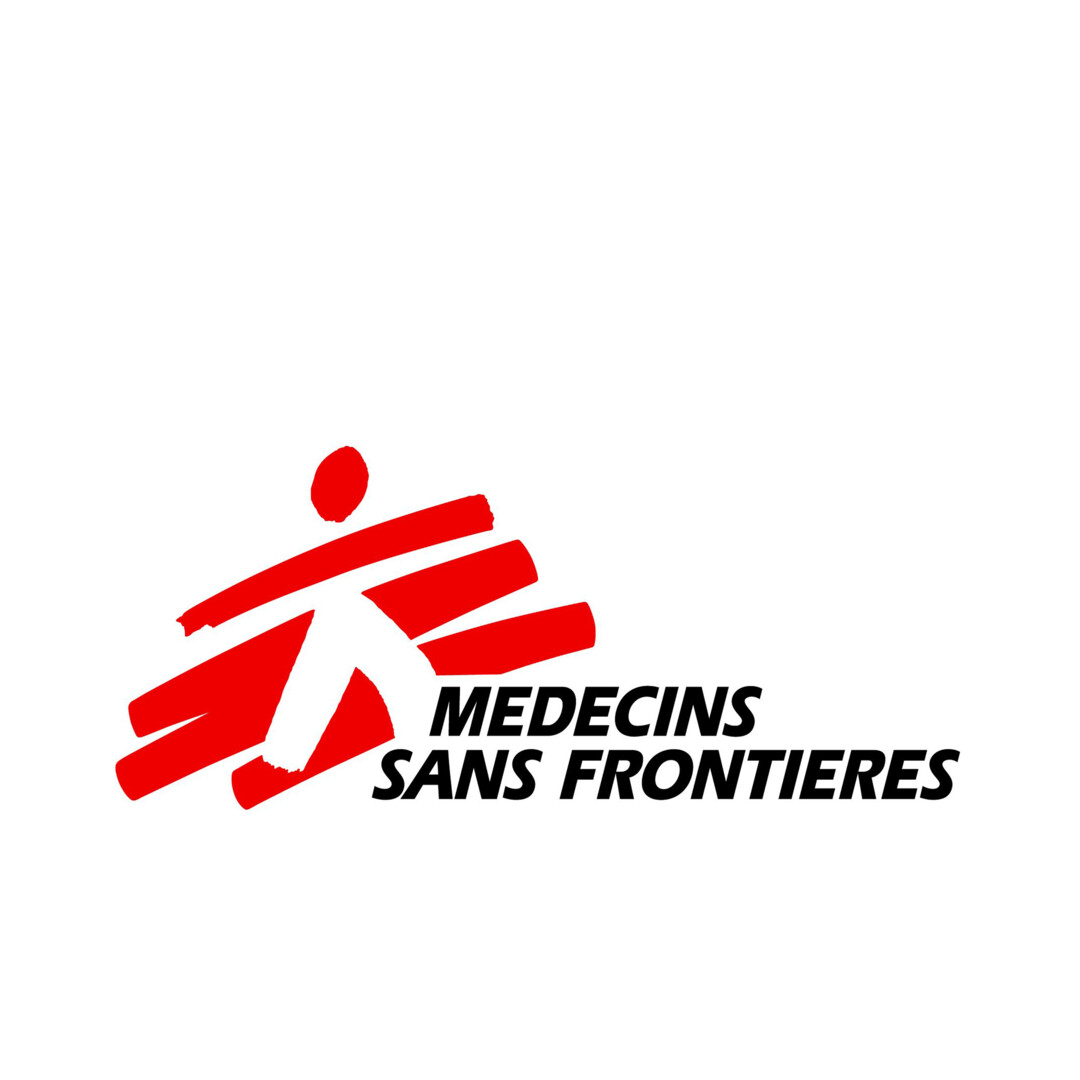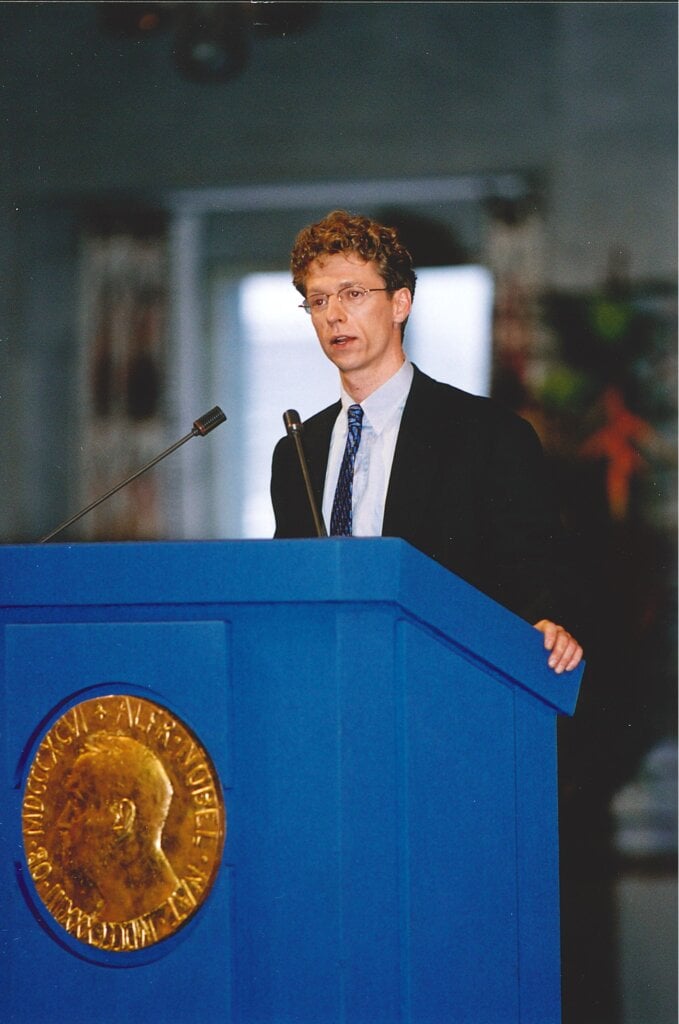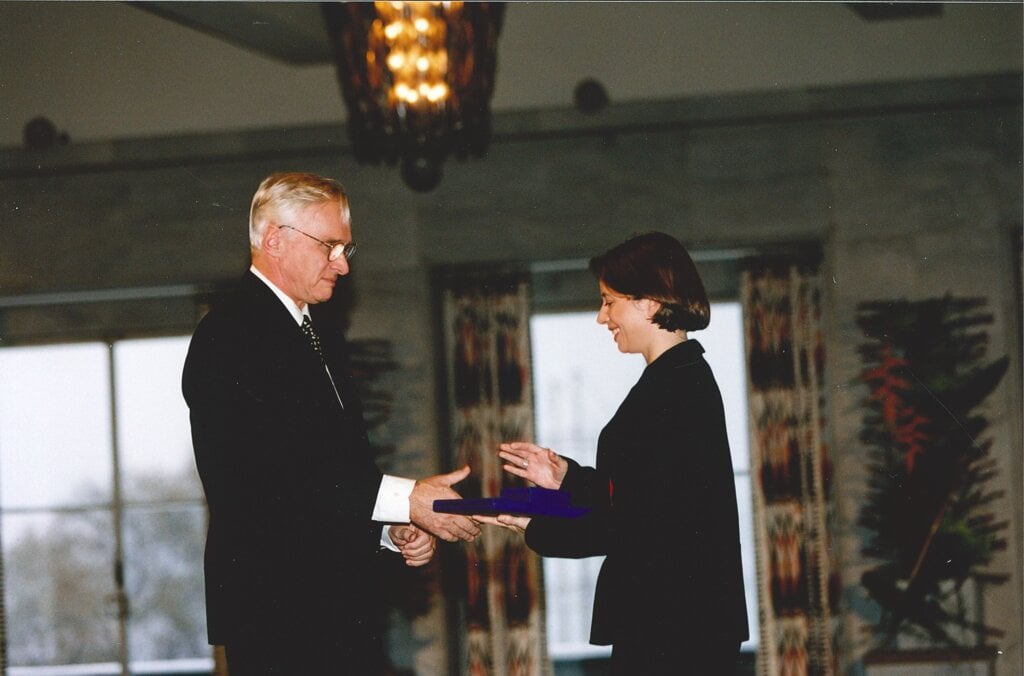Doctors Without Borders
Speed read
Médecins Sans Frontières (MSF) was awarded the Nobel Peace Prize for its pioneering humanitarian work on several continents.

Full name: Doctors Without Borders
Native name: Médecins Sans Frontières
Founded: 1971, Paris, France
Date awarded: 15 October 1999
Médecins Sans Frontières
Médecins Sans Frontières (Doctors Without Borders) is an independent, impartial emergency relief organisation founded in France in 1971. It insists on the freedom to exercise its function in accordance with medical ethics and the right of people to humanitarian aid. The organisation criticises abuse and human rights violations in areas of conflict where its doctors and medical workers are present. Doctors Without Borders has participated in numerous relief efforts for victims of natural disasters and war. In 2004, the organisation had a budget of NOK 2 billion. It sends 2,500 doctors and nurses into the field each year, with the additional support of 15,000 local employees in 80 countries. Doctors Without Borders conducts 6 million consultations and performs 200,000 surgical operations annually, making it one of the world’s largest emergency relief organisations.
"The act of humanitarianism comes down to one thing: individual human beings reaching out to their counterparts who find themselves in the most difficult circumstances. One bandage at a time, one suture at a time, one vaccination at a time."
James Orbinski, Nobel Prize lecture, 10 December 1999.

"They have cared for the sick and the wounded at refugee camps in Kosovo and Timor; aided flood victims in the Philippines; treated disease in Sudan and Sierra Leone, Vietnam and Peru."
Bill Clinton, Statement by the President, 15 October 1999.
How it got started
Several French doctors who were working for the Red Cross during the Biafran conflict in southeastern Nigeria at the end of the 1960s felt that it was difficult to refrain from criticising abuse and human rights violations. One of these doctors was Bernard Kouchner. There was no doubt in his mind that he was witness to genocide. To top it off, the hospital where he worked was continually under attack from Nigerian government soldiers despite the large red cross on the roof and walls. Against this backdrop, Kouchner decided to found a new and flexible organisation – Doctors Without Borders.
"In our view, the voluntary combined with the professional provides the best motivation for conducting a qualified emergency relief effort."
From the Norwegian website of Doctors Without Borders.

From the charter of Doctors Without Borders
“Doctors Without Borders offers assistance to populations in distress, to victims of natural or man-made disasters and to victims of armed conflict, without discrimination and irrespective of race, religion, creed or political affiliation. Doctors Without Borders observes neutrality and impartiality in the name of universal medical ethics and the right to humanitarian assistance and demands full and unhindered freedom in the exercise of its functions. […] As volunteers, members are aware of the risks and dangers of the mission they undertake, and have no right to compensation for themselves or their beneficiaries other than that which Doctors Without Borders is able to afford them.”
Learn more
Médecins Sans Frontières (MSF) is an international humanitarian aid organisation that provides emergency medical assistance to populations in danger in nearly 70 countries. In countries where health structures are insufficient or even non-existent, MSF collaborates with authorities such as the Ministry of Health to provide assistance ...
Disclaimer: Every effort has been made by the publisher to credit organisations and individuals with regard to the supply of photographs. Please notify the publishers regarding corrections.
Nobel Prizes and laureates
Six prizes were awarded for achievements that have conferred the greatest benefit to humankind. The 14 laureates' work and discoveries range from quantum tunnelling to promoting democratic rights.
See them all presented here.
